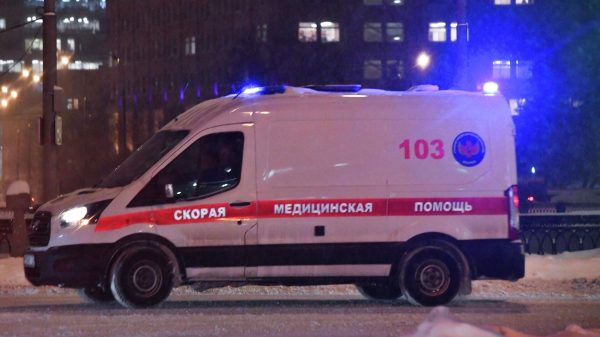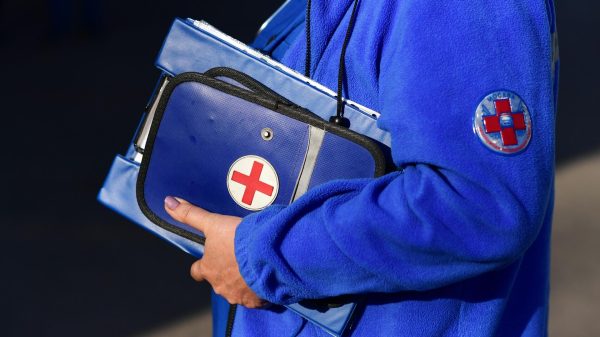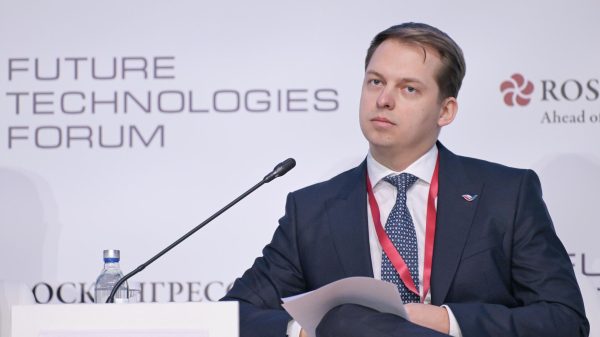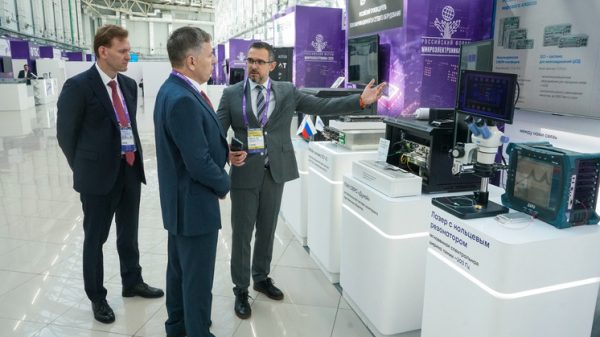
br
assigned to Rio de Janeiro or Sao Paulo, until the last minutes of the last round he fought for the sixth consecutive title in the Russian Championship, fans in St. Petersburg remembered another Zenit. The same one that won the first “gold” in the national championship forty years ago, having only three football players who came from other Russian cities. All the rest were Leningraders.
Even modern medicine is powerless
Not all of them lived to see the anniversary of the landmark victory, which will be celebrated in November. In December 2022, at the Smolensk cemetery, together with the Zenit players, he saw off the joker and optimist Sergei Dmitriev, who died of cancer, on his final journey. He never saw the debut of his son Igor in the RPL, who now defends the colors of Ural. Seryoga was only 59.
Vladimir Dolgopolov left at 54. He died in one of the clinics in St. Petersburg, where he was transferred from the prison hospital. The Zenit-84 midfielder was sentenced to 10 years, having been found guilty of murdering his wife. Although his teammates still do not believe in his guilt, and even the father of the deceased petitioned for the release of his son-in-law.
Defense leader Alexei Stepanov was the first to leave the “golden” squad. He was 42. On the platform of the station in Yekaterinburg, he rushed after the departing train, as before the opponents’ forwards, and the blood clot came off. The second to leave his teammates at 46 was midfielder Valery Broshin.
In 2009, while preparing a series of materials for the 25th anniversary of Zenit’s victory in the USSR championship, he called his colleague, from whom he could get the phone numbers of football stars of the past. In response to a request for contact, Broshin heard: “Don’t call. He can’t talk after throat surgery. He communicates only with his wife and closest friends.” Even modern medicine is powerless against the disease that struck down the idol of Leningrad fans in the 80s.
“He was withdrawn and taciturn”
“For Broshin there were no authorities either in life or on the field,” recalls his teammate Vyacheslav Melnikov. “The footballer was from God: technical, perfectly able to see the field, and not stingy with his passes to his partner. Moreover and left-footed character helped Valery on the field, but often created problems in life. He was quite reserved and taciturn.”
According to Zenit-84 striker Boris Chukhlov, who scored many goals from Broshin’s passes, Valery did not say a bad word about anyone. He lived quietly, and the meaning of life for him was football. On the field he was a true leader who could lead partners, but off it he was an inconspicuous and modest quiet man.
I regret that I missed the opportunity to do a great interview with Broshin. The first time such a chance presented itself was in the winter of 1985, when, as part of almost daily visits to the labor collectives of Leningrad, Zenit head coach Pavel Sadyrin brought four football players to the Palace of Culture of the Kirov Plant. I, a freelance sports columnist for the large-circulation newspaper Kirovets, was allowed to talk with Broshin, but Valery, to put it mildly, was not in the mood for conversation. Well, you understand…
Due to violations of the sports regime, he was soon expelled from Zenit altogether and sent for military service to one of the schools in the then Soviet Tallinn. As Broshin’s teammates at Zenit-84 assure, he violated the regime no more often (though not less often) than others, but he had the unique feature of catching the coaches’ eye at that very moment. Contrary to popular belief, he was brought to CSKA not by Sadyrin, but by Yuri Morozov, who invited Broshin to Zenit in 1980.
The Army Club was going through hard times at that time. The team roamed between the major and first leagues. Morozov, true to his credo, built a new team of young football players. Compared to them, Broshin could have been a star, but he behaved, as many army men from Morozov’s conscription said, surprisingly modestly. No “stardom”, which a football player who won the USSR championship could afford. Broshin’s attitude towards Sadyrin’s arrival at CSKA, who sent him from Zenit to serve in Tallinn, was also surprising. He accepted the coach and in many ways helped Pavel Fedorovich create a team that shone at the turn of the Soviet and Russian eras of domestic football.
“When I, a CSKA reserve player, was placed in the same room at a training camp in Spain with Broshin, who had returned after a short period of playing in foreign clubs, I immediately called my mother in St. Petersburg,” Vladislav Radimov recalled in a long-standing conversation. “It was incredibly expensive for a reserve player , but it was important for me to say that I live in the same room with Uncle Valera! For me, the Zenit-84 players were my childhood idols, and most of all I wanted to be like Broshin. I was in euphoria for several days at the training camp.”
The family got rid of the harmful
The second time I missed the opportunity to talk with Broshin was after the army team lost to Roma in the European Champions Cup match in Moscow. Right on the field, when he presented a gift from the editorial office of the newspaper where he then worked, Valery said in surprise: “Did they really come from St. Petersburg on purpose?” Only after answering a few routine questions did he apologize and interrupt the conversation. He said that he needed to hurry to his family. Broshin's friends claim that it was his marriage and the birth of two daughters that completely changed his attitude to behavior in life.
In the 90s, Broshin, like many stars of Soviet football, began the life of a nomad. He did not settle down in Finland, Spain or Israel. In 1995, he returned to his hometown for a short time. To Zenit, which Sadyrin led from the Russian first division to the top. This time, the duo of coach and footballer did not work out. And again I was unable to get a long interview. When Broshin was expelled from the team (let's call a spade a spade), he did not want to say anything about the reasons or why things did not work out for him at Zenit-95.
The last time I saw the midfielder from the «golden» team of Zenit-84 on the football field was at the Commonwealth Cup in the late 90s. An almost forgotten tournament was held then with the participation of the champions of the republics of the former Soviet Union. Broshin came to it as part of the Ashgabat «Kopetdag». Paradoxically, but in hot Turkmenistan, Valery, according to him, felt comfortable. He even obtained citizenship and played several matches for the national team of this country. Perhaps he would have played more, but sports officials in Ashgabat decided that they did not need a Turkmen footballer with the last name Broshin, born in Leningrad.
Valery played for a very long time, almost until he was 40. He even began his coaching career without interrupting his playing career in the Belarusian «Gomel». Then he coached Moscow «Nika». And he graduated from the Higher School of Football, paying for his studies from his own savings. He dreamed of becoming a coach. Alas, it did not come true. The favorite of Leningrad fans is buried in the Khovanskoye Cemetery in Moscow.





















































Свежие комментарии